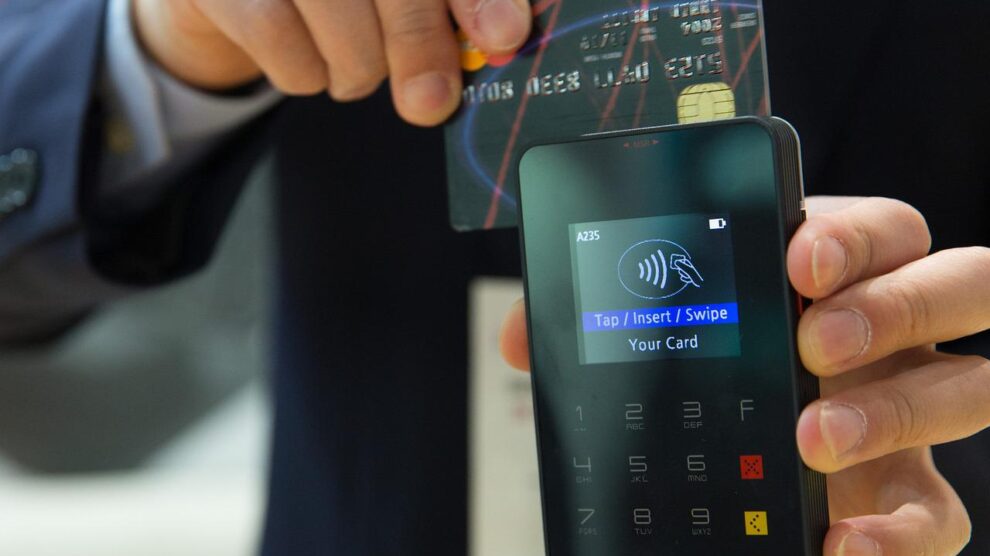Payment methods have advanced technologically and rapidly in the past few years. Consumers can choose different ways depending on their circumstances as more payment methods have been streamlined. Payment methods move from traditional cash points as more people live cashless, meaning contactless payment methods are desirable. The new techniques also make it easier to move and manage money.
Biometric identification
Apple Pay and, more recently, Android Pay opened the gates to biometric authentication, from using fingerprints to using facial recognition. However, the technology’s growth is slow due to software support being limited. With software upgrades and more product launches, the future of business payments will open the world.
Heart beat analysis and iris recognition are currently tested technologies to ensure that payments’ security is up to standard, and every loophole is closed to criminals. With its accuracy and efficiency, more customers are using biometric payment cards for their everyday use.
Other European countries, the United States, and Middle Eastern countries are starting to adopt payment methods. The benefits have already been seen with fewer records of identity theft reports.
The United States has had the opportunity as Amazon has rolled the new technology in Amazon Go stores.
It works by analyzing palms for the unique vein configuration under the skin, making payments easy by just waving the hand through the scanners working the same way as facial recognition.
Artificial intelligence
Payments using artificial intelligence have been in the market for a while now. The software upgrades in recent years have made it possible for accessible, quick payments by customers making its customer base grow. Security is a significant factor contributing to its popularity as AI technology works very fast to detect and stop any suspicious payments.
Double charges in different cities are flagged as suspicious, and the account is suspended when the time matches of last seen don’t add up to the payment times seen.
An example is if a payment is made physically in City A 100 miles from city B, the AI technology will stop payments in City B if another transaction is done in under an hour. AI intelligence benefits also clearly show correct balances in bank accounts when payments are made, even as many banks still suffer from delays and disruptions, making it an ideal payment method for businesses in the future.
Mobile apps
Payment using mobile apps for many businesses is a must to retain and bring in new customers. The ease and convenience eliminate the need for customers to waste time looking for wallets, wait for payments to be processed, and then wait for change.
The future movement of mobile apps from cash systems is certain as many businesses opt for loyalty card systems where the customers are rewarded every time they use the businesses app. The intelligent recommendation is also replacing debit cards with the same features on mobile as on the cards, then the need for double payments is eliminated.
Digital currencies
The value of cryptocurrency has skyrocketed in the last few years, increasing the value of the digital currency industry.
Forex trading analysis shows that consumers are investing in digital currencies, and the result is that many businesses globally have to incorporate them as legitimate payment methods.
Unlike a decade ago, digital currencies are considered assets, with many having a more practical value than gold, the most stable precious metal traded. Used by a few businesses today, the shift is expected to grow in the future as a standard payment method for goods and services.
Real-time payments
Contractors and businesses doing businesses on a large scale no longer have to wait for payment processes to be completed in a few businesses days. Peer-to-peer payments are the future of business payments where payments are instant. Consumers and businesses alike value the idea of sending and receiving payments quickly and in a secure way.
The effect is that even money sent across borders is instant, with some of the most outstanding services experiencing a high increase in global peer-to-peer transfers.
Benefits to businesses are that the time delay experienced costing the business money and transfer costs associated with traditional transfers are eliminated, making it one of the most recommended p2p expected to be popular in the future.
Conclusion
The future of payments is expected to make bank accounts a simple pathway for services to make payments. Some big service companies like Google have already launched their versions making customers use banks as a second option that soon will have to market their services to get potential customers. With customers expecting more value, the additional benefits customers get from future payment methods ensure that convenience in online shopping is achievable. Personalization of the processes depending on the product range being purchased is also guaranteed. With payment methods changing for good with businesses embracing technology advancements, the need for hard cash and traditional approaches will cease to exist.





